
Question and Answers Forum
Question Number 107905 by aurpeyz last updated on 13/Aug/20
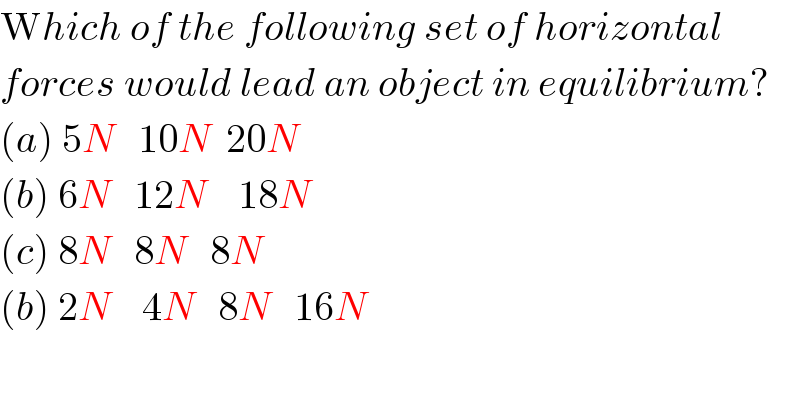
Commented by aurpeyz last updated on 13/Aug/20

Commented by mr W last updated on 13/Aug/20
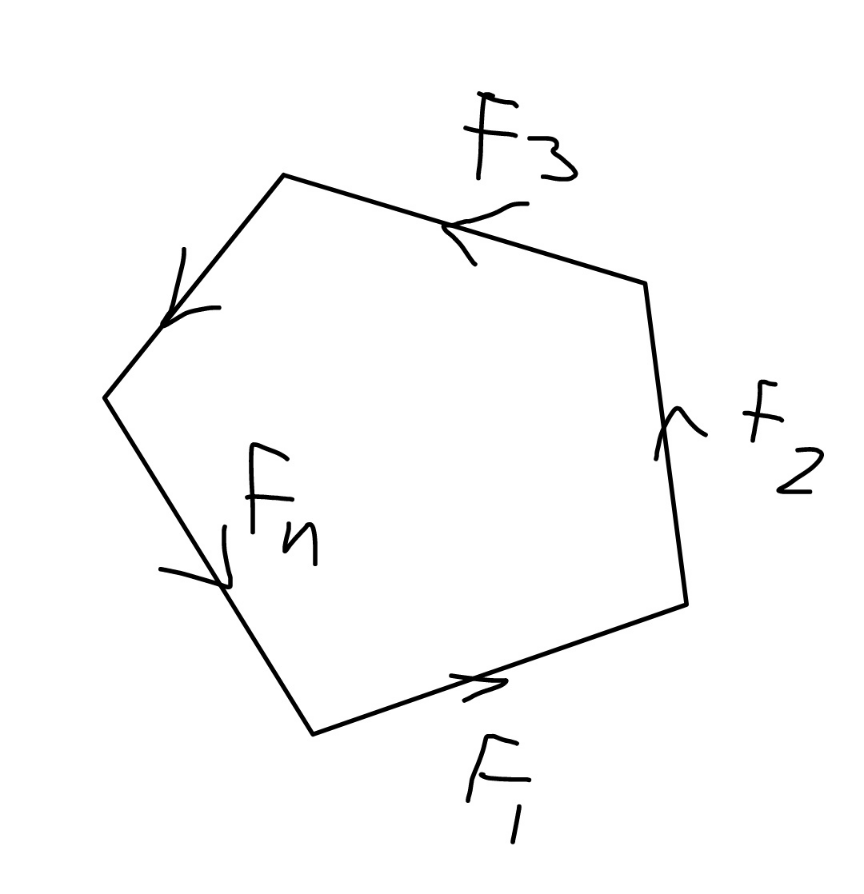
Commented by mr W last updated on 13/Aug/20

Answered by Don08q last updated on 13/Aug/20
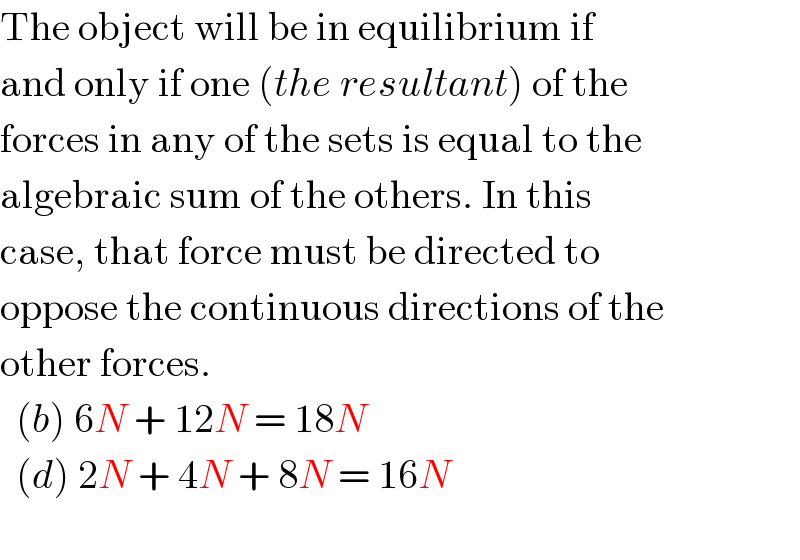
Commented by mr W last updated on 13/Aug/20
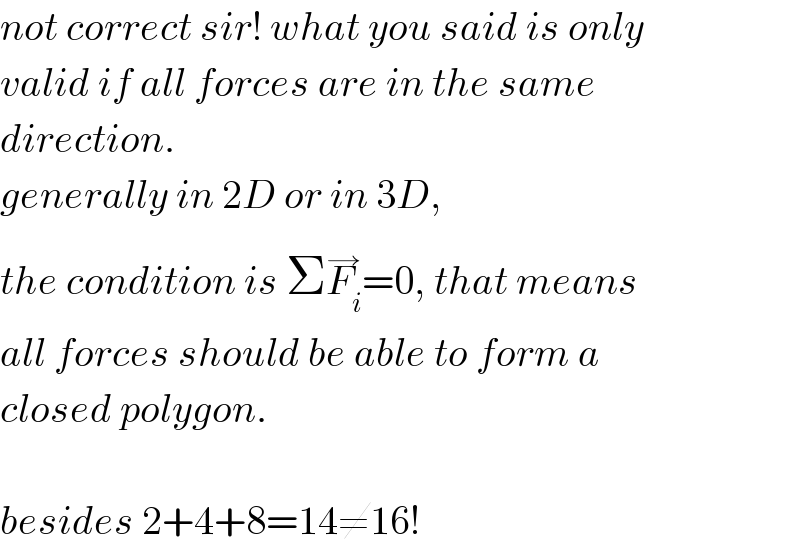
Commented by mr W last updated on 13/Aug/20
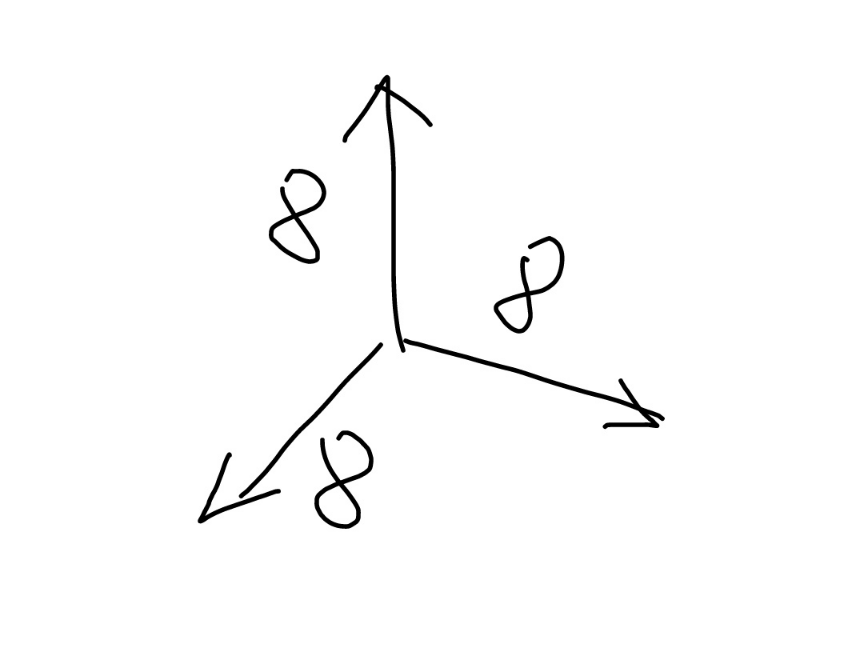
Commented by mr W last updated on 13/Aug/20

Commented by Don08q last updated on 13/Aug/20

Commented by aurpeyz last updated on 15/Aug/20

